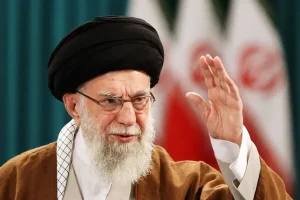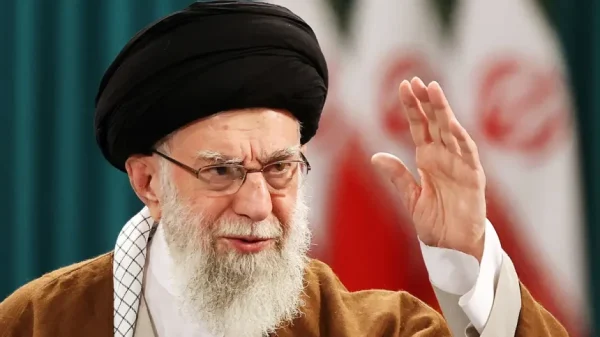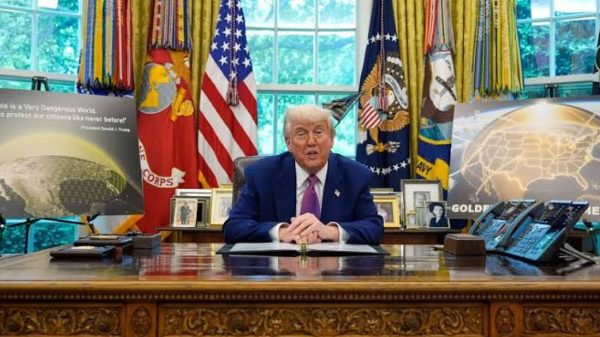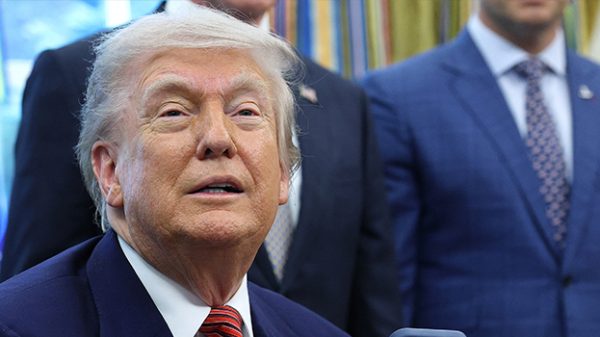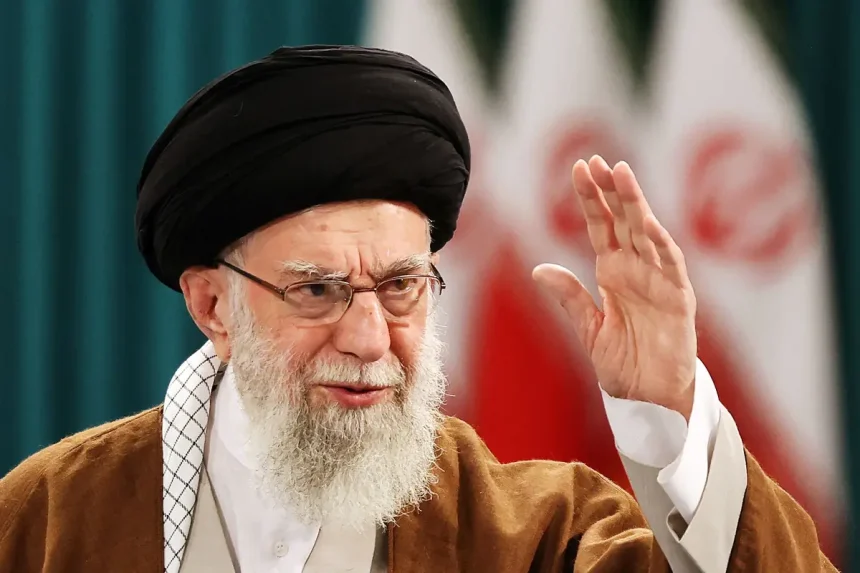Iran’s parliament has reportedly voted in favour of shutting down the Strait of Hormuz — a strategic waterway responsible for nearly 20% of the world’s oil and gas exports.
The decision, seen as a retaliatory measure following recent U.S. military strikes on Iranian nuclear facilities, is raising fears of a major economic and geopolitical crisis.
“The closure of the Strait is a matter of national security,” a senior Iranian lawmaker was quoted as saying. “The United States cannot continue its attacks without consequences. Iran has a right to defend itself and its sovereignty.”
The Strait of Hormuz, which connects the Persian Gulf to the Arabian Sea, is bordered by Iran to the north and Oman and the UAE to the south. At its narrowest point, it is only 33 kilometers wide, yet it serves as the main passageway for oil exports from major producers such as Saudi Arabia, Iraq, and the UAE—amounting to nearly \$600 billion in energy trade annually.
While Iran has threatened in the past to shut down the Strait during times of tension, this is the first time the Iranian parliament has formally backed such a move.
Experts warn that closing the Strait could lead to skyrocketing oil prices, disrupted global shipping, and inflation in major economies—particularly in Asia, where countries like China, India, Japan, and South Korea rely heavily on crude oil transported through the passage.
“Even the fear of a closure is enough to spike global oil prices,” said Dr. Hanan Musawi, a Gulf-based energy economist. “A full shutdown could throw oil markets into chaos.”
Military analysts have raised concerns that Iran might deploy fast attack boats, naval mines, or submarines to block the route. However, the United States and its allies have significant naval forces in the region and could respond forcefully to ensure the waterway remains open.
“The U.S. Navy stands ready to keep international sea lanes open,” said Pentagon spokesperson Lt. Col. Jason Matthews. “Any attempt to obstruct freedom of navigation will be met with an appropriate response.”
Despite the tough rhetoric from Tehran, some analysts argue that shutting the strait would hurt Iran as much as it would affect other countries. Last year, Iran earned over \$67 billion in oil exports—its highest in a decade.
“Closing the Strait would be economic suicide,” said Dr. Musawi. “Iran’s biggest customers, including China, could turn elsewhere. And Tehran’s already fragile economy cannot afford more isolation.”
The U.S. has urged China to put diplomatic pressure on Iran to reverse the decision, warning that a prolonged shutdown would destabilize global markets. Meanwhile, Saudi Arabia and the UAE are exploring the use of overland pipelines to bypass the Strait, but experts agree that these alternatives lack the volume capacity needed to match current demand.
As of Monday morning, oil prices surged by over 8% in anticipation of supply disruptions. Shipping insurers also began raising premiums for vessels operating in the Persian Gulf.
With tensions rising and the global economy on edge, all eyes remain on Tehran’s next move. Will Iran follow through with the blockade—or step back under international pressure? The coming days will be critical.
